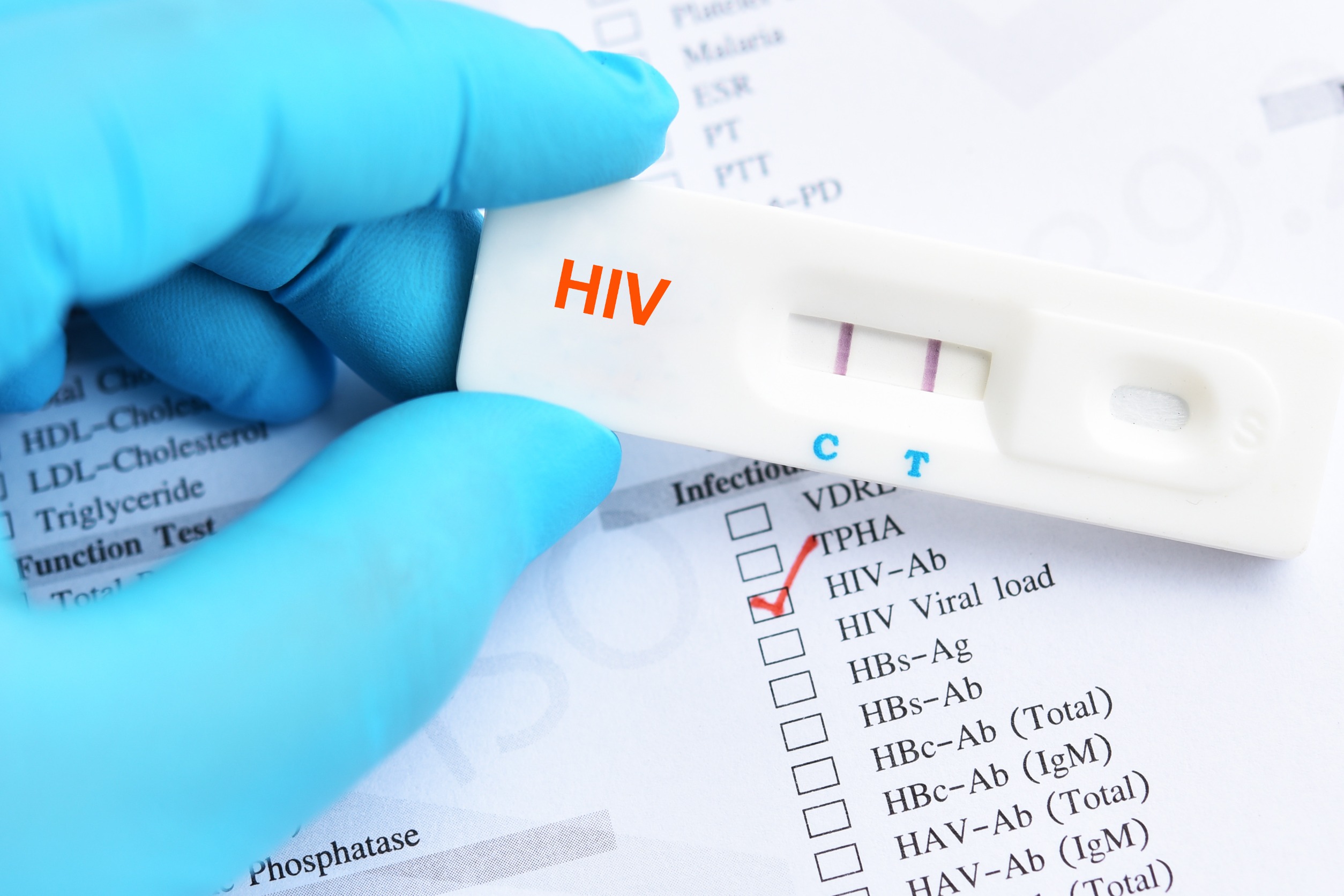Shocking Truths About STD Testing: Symptoms, Hidden Dangers, and Why You Need to Know Now!
STDs and STIs are at an all-time high, yet shrouded in mystery. Few of us are aware of their prevalence or how easily one can become unknowingly infected. We've all heard about testing and symptoms, but what about hidden dangers and shocking truths? This article covers everything from STD symptoms to home testing kits and dives into the controversies surrounding testing and treatment of STDs.
1. STD Symptoms: Why You May Be Ignoring the Signs
It is startling how many people carry some form of sexually transmitted disease without knowing. Symptoms can be:
- Nonexistent
- Mild and easily overlooked
For example, Chlamydia is often termed the "silent infection" because:
- Symptoms are absent in about 75% of women and 50% of men.
Additionally, HIV and herpes can take weeks or even months to show signs. Most individuals look up "STD symptoms" when they start feeling changes in their bodies, but by then, infections could have already caused severe damage, such as:
- Infertility from untreated Gonorrhea symptoms.
- Severe organ damage from untreated Syphilis.
Many STDs are asymptomatic for long periods, so regular testing becomes essential, even when feeling well.
2. Why You Should Be Worried: The Rising STI Epidemic
STD and STI rates are rising globally, with millions of new infections each year. Although awareness has improved, many people avoid testing due to the shame and stigma associated with it.
- Delaying testing increases the danger of conditions like HIV, which, if detected early, can lead to a longer, healthier life.
That's why search terms like "early signs of HIV" and "how long does it take for STD symptoms to appear" have become trending on Google search.
Home STD Testing Kits: Convenience or a False Sense of Security?
The rise of home STD testing kits offers a new level of convenience and privacy. Simply search for "home STD test" online, and you'll find products that promise results in as little as 15 minutes. Key benefits include:
- No awkward clinic visits or intrusive questions.
- Tests can be performed in the comfort of your home.
The best part?
- Home test kits help you avoid embarrassment and the high costs of clinic visits and lab fees.
- Kits can be ordered online and shipped discreetly, often arriving within days.
But is this too good to be true? One controversy surrounding these tests is accuracy:
- Sensitivity rates claim to be as high as 99% for Chlamydia and 96% for Gonorrhea.
- However, false negatives can occur, especially if tested within the window period (the time between contracting an infection and when it becomes detectable).
People increasingly search for "can STDs be cured" and "how to treat STDs." While many are treatable, diseases like HIV and herpes cannot be cured and must be managed for life.
4. Why Free STD Testing Isn't Always Free
For those uninsured or strapped for cash, "free STD testing" seems ideal. However, there are significant drawbacks:
- Many free testing centers only test for HIV or syphilis, leaving common infections like Chlamydia and Gonorrhea undetected.
- Free clinics often have long wait times, limited resources, and sometimes faulty results.
5. Debunking STD Myths: The Dark Side of Misinformation
Many dangerous myths about STDs persist:
- Myth 1: You only need testing if you're not monogamous or engage in high-risk behaviors.
- Fact: Anyone can contract an STD, and dating apps have made it easier to spread infections unknowingly.
- Fact: Anyone can contract an STD, and dating apps have made it easier to spread infections unknowingly.
- Myth 2: Testing once is enough.
- Fact: Regular testing is crucial, especially for those who are sexually active with multiple partners or inconsistent condom use.
Delays in testing are often due to fear and embarrassment, as people search frantically for "STD test near me." In reality, early detection simplifies treatment and management.
6. The Dark Truth About STD Prevention
Most people believe that condoms fully protect against STDs. While condoms drastically reduce the risk of infection, they aren't 100% effective. Some STDs, like herpes and HPV, can spread through skin-to-skin contact, even when a condom is used. Condoms protect against STDs transmitted via bodily fluids, such as:
- HIV
- Gonorrhea
- Chlamydia
Given this, even those who practice safe sex should test regularly to avoid unknowingly spreading infections.
7. The Hidden Costs of STD Testing
Another common concern is the "STD testing cost." Many private clinics charge hefty fees for comprehensive testing panels. If uninsured, the cost can be prohibitive, leading some to forgo testing altogether.
This is why home STD testing kits have become popular. However, as previously noted, they aren't foolproof. A comprehensive test from a certified lab remains the gold standard.
Sexual health is not something to be taken lightly
Ignoring or delaying testing can have serious long-term health consequences. Whether you opt for home testing kits or visit a clinic, the key is to get tested regularly.
Don’t fall into the trap of believing myths or delaying testing due to cost or convenience. With resources ranging from free clinics to discreet home test kits, there's no excuse not to take control of your health today.
Remember: Early detection is essential for managing or curing STDs. Stay informed, proactive, and don’t let stigma prevent you from staying safe.

